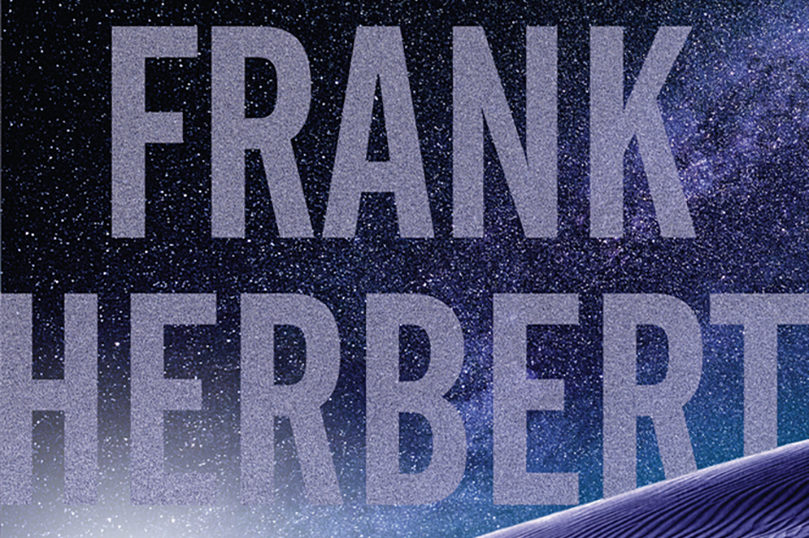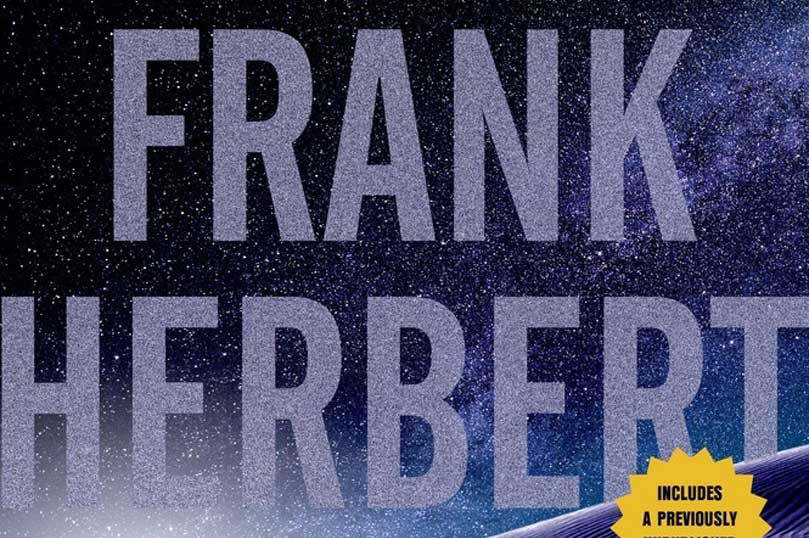I have tried to teach writing, only to discover that you cannot teach writing. You can teach the plumbing—which pipe connects to which elbow. The actual writing is something you must teach yourself. You learn by doing. The knowledge comes from the inside and it leans most heavily on the oral tradition of language, much to the despair of those who would like it all orderly and neat with explicit rules to follow.
It comes as a shock to many in our print-oriented civilization to be told that language, the basic tool of the writer, is more oral than written. Contemplate those thousands of years of oral tradition before we ever ventured to carve symbols in clay and stone. We are most profoundly conditioned to language-as-speech. The written word is a latecomer.
Before you will believe the reality of a story, someone must stand up on that printed page and speak. His words must have the characteristics of speech. They must reach your ears through your eyes. Under the onslaught of non-print media (TV, film, radio, cassette players…) this is becoming ever more necessary. The oral tradition has never really been subjugated.
True to that tradition, I find I must have a sense of joy in what I do. There has to be some fun in it which you can feel even in the darkest moments of the story. This is the entertainment business. I’m the jongleur visiting your castle. I bring songs and news from other castles I have visited, and some of those are strange indeed. I sing for my supper and those other castles of which I sing are only partly figments of imagination. We may share a consensus reality which demands our service, but if you write science fiction you crowd the edges of that reality.
When we say “science”, we usually mean technology. Science fiction is deeply involved with technology and the questioning of the human future. To write science fiction, you make a connection between technology and the myth-dream of human immortality. We inevitably deal with the alienation of man brought on by his immersion in a welter of things which he is told he wants/needs, but which always seem to remove him from an essential contact with his own life.
This is not really a recent development.
The company of science fiction writers is a venerable troop. We go back somewhere beyond Lucian of Samosata in the 2nd Century AD. We number in our company such lights as Plato, Cyrano de Bergerac, Thomas More (who gave us the word Utopia), Jules Verne, H. G. Wells, Edgar Allen Poe, Aldous Huxley and George Orwell—which represents only the barest listing.
We are, as a rule, concerned with mankind living on other planets. (Lucian sent his hero to the moon on a waterspout.) Often, our concern is touched by the realization that no animal species can survive forever on one planet. Even as we most freely express our fears that the human, species is in danger of extinction, we parade our differences from other animals via our stories. We have imagination and, occasionally, touches of reason. Much of science fiction says these may be our ultimate strength in facing that chaotic unknown which constantly threatens to reduce us to zero.
Freud once said: “When you try to conceal your innermost thoughts, every pore oozes betrayal.”
When you write, the printed page absorbs all of that ooze—all of you, the wise and the silly, the profound, the shallow and the in-between. It all hangs out in these talking letters. I want to write for as large an audience as possible, all of you sitting around the castle fireplace after a four-star dinner, all of you raptly enjoying the sound of my lute. There’s no sense trying to hide that; it’s in everything I do. And always there’s the upcoming story in which I hope to do it all better. The current work, about which I will not talk because that wastes the energies which should go into the creation, remains my favorite. I will pour as much of myself into it as I am able, holding back nothing. You cannot lose by this. You destroy nothing. You are creating the egg, not the goose.










